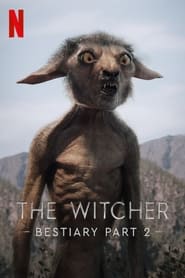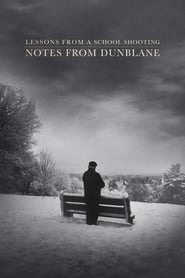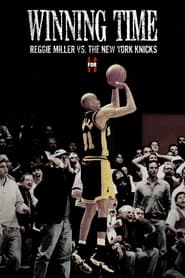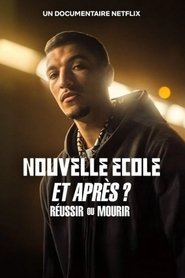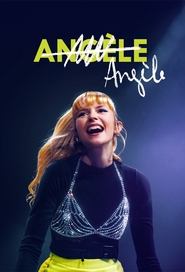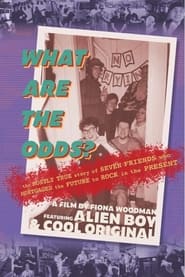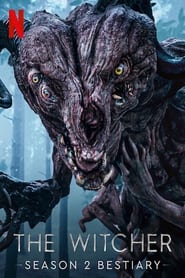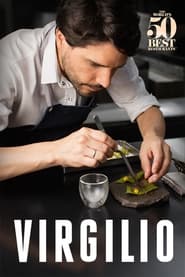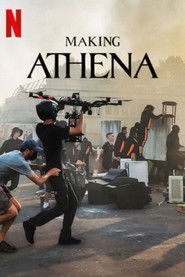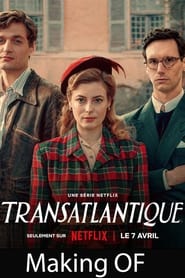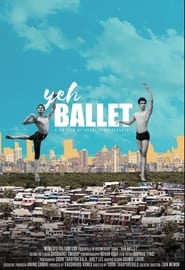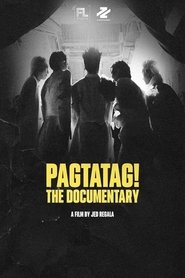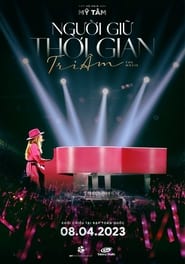Documentary Movies on Netflix - Page 32
-
The Witcher Bestiary Season 1, Part 2
2020
star 6.8Basilisks, dragons and more beasts haunt the Continent. Explore the mythologies of the mysterious monsters Geralt hunts to earn the coins tossed his way. -
Lessons from a School Shooting: Notes from Dunblane
2018
star 5.9In the wake of the 2012 Sandy Hook Elementary School massacre that took the lives of 20 first graders and their teachers, local clergymen Father Bob Weiss receives a letter from a fellow priest in Dunblane, Scotland, whose community suffered an eerily similar fate in 1996. From across the Atlantic, the two priests forge a poignant bond through the shared experience of trauma and healing. -
Ratones Paranoicos: The Band That Rocked Argentina
2019
star 4.5The irrepressible Ratones Paranoicos, Argentina's most enduring rock band, are featured in vintage concert and backstage footage as their story's told. -
The Ladies With Style
2023
star 6The multi-generational story of women’s football in South Africa through the ambitious Mamelodi Sundowns FC. The film follows the team as they battle it out at the inaugural CAF Women’s Champions League in Cairo. -
The Circle - The Afterparty
2021
star 4.7Stars of The Circle drop by to discuss Season 2's big winner, some juicy behind-the-scenes gossip and their enduring friendships with one another. -
Winning Time: Reggie Miller vs. The New York Knicks
2010
star 7.7Reggie Miller single-handedly crushed the hearts of Knick fans multiple times. But it was the 1995 Eastern Conference Semifinals that solidified Miller as Public Enemy #1 in New York City. With moments to go in Game 1, and facing a seemingly insurmountable deficit of 105-99, Miller scored eight points in 8.9 seconds to give his Indiana Pacers an astonishing victory. This career-defining performance, combined with his give-and-take with Knicks fan Spike Lee, made Miller and the Knicks a highlight of the 1995 NBA playoffs. Peabody Award-winning director Dan Klores will explore how Miller proudly built his legend as "The Garden's Greatest Villain". -
Ladies First
2017
Ladies First
2017
star 7.3An inspirational survival story of Deepika Kumari who, as a girl born on the roadside to abject poverty in rural India, went in search of food, stumbled upon archery, and within 4 years became the Number One archer in the World. -
Angèle
2021
Angèle
2021
star 7Belgian pop star Angèle reflects on her life and hopes as she finds balance amid the tears, joys and loneliness of fame. Told through her own words. -
What Are The Odds?
2021
What Are The Odds?
2021
star 6The mostly true story of seven friends mortgaging the future to rock in the present... a film by Fiona Woodman featuring footage from Alien Boy and Cool Original's summer 2019 "Never Stop Hanging Out Tour" -
What the F* Is Going On?
2019
star 6.2Featuring extensive interviews, this documentary takes a critical look at the gender inequality in Spain as the feminist movement aims to shift reality. -
The Witcher Bestiary Season 2
2022
star 6.7From blood-craving bruxa to forest-dwelling leshy, from wyverns to the Wild Hunt, explore the origins of the beasties prowling Season 2 of “The Witcher.” -
The Nth Room case: The Making of a Monster
2021
star 4This hour-long documentary explains what happened in the Nth room chat rooms, how girls fell prey to the perpetrators, and how the digital world and social media platforms provide an optimal environment for online sex offenses to take place. -
Virgilio
2022
Virgilio
2022
star 7Virgilio Martinez is much more than a chef, he is an artist. Although his Central restaurant in Lima, Peru, is considered to be the best of the decade in Latin America and number 2 in the world, and his wife Pía León is considered to be the world's best female chef, his inspiration, research and creative work goes much further than these recognitions. Virgilio is an explorer of Peru's different regions, giving its origin to the revolutionary concept of the "World in Altitudes", based on the elevations of the earth that forever changed the way local gastronomy is seen in today's world. -
Making Athena
2022
Making Athena
2022
star 7.5The making of ATHENA covers the entire production of the film and gives us an in-depth perspective of the scenes that everyone is talking about, from the 12-minute long shot sequence to the scene that sent the cameraman 30 meters above the ground. Highlights include how Romain Gavras brought his vision to the screen, along with his co-writer Ladj Ly and Dali Benssalah (Abdel) and how the music, composed by GENER8TION, plays a unique role to make ATHENA a modern tragedy. -
Making Transatlantic
2023
Making Transatlantic
2023
star 3.3The cast, crew and creators of "Transatlantic" reveal how they crafted an adventure inspired by history that balances darkness with humor and beauty. -
Virunga: Gorillas in Peril
2015
star 7A behind-the-scenes documentary about the gorillas featured in the film Virunga. -
Yeh Ballet
2017
Yeh Ballet
2017
Dancing is a passion of the rich, believes Manish Chauhan , the 21-year-old son of a taxi driver in suburban Mumbai. Yet he, like his friend, 15-year-old Amiruddin Shah daydream of becoming principal ballet dancers in big American companies. -
PAGTATAG! The Documentary
2024
Follow the hustle and hype of pop group SB19's world tour as they navigate the pressures of self-management and global stardom. -
Tri Am the Movie
2023
Tri Am the Movie
2023
star 1Vietnamese pop queen Mỹ Tâm presents a behind-the-scenes look at her landmark Tri Âm concert in this emotionally charged documentary.
